Sharing with reporters, National Assembly Deputy Pham Van Thinh (National Assembly Delegation of Bac Giang province) said that if policies are not quickly revised and supplemented, the country will face a shortage of electricity.
After many drafts and collecting comments from the people, relevant agencies and organizations, the Electricity Law (amended) was submitted by the Government to the National Assembly for consideration at the 8th Session of the 15th National Assembly, taking place from October 21 to November 30, 2024. The contents of the Government's amendments to the Electricity Law, along with the drafts of the 4 Laws raised at the 8th Session, are all very urgent and directly related to important and urgent issues.
National Assembly Deputy Pham Van Thinh said: "The Electricity Law was issued in 2004, and has been in existence for 20 years. The law was amended in 2012 and several times recently, mainly related to electricity transmission, so it certainly needs to be amended and supplemented to suit the current practical situation. In addition, the current Electricity Law still has many contents that need to be specified in detail but are not assigned to the Government, so the Government and relevant ministries do not have a legal basis to issue specific regulations for implementation."
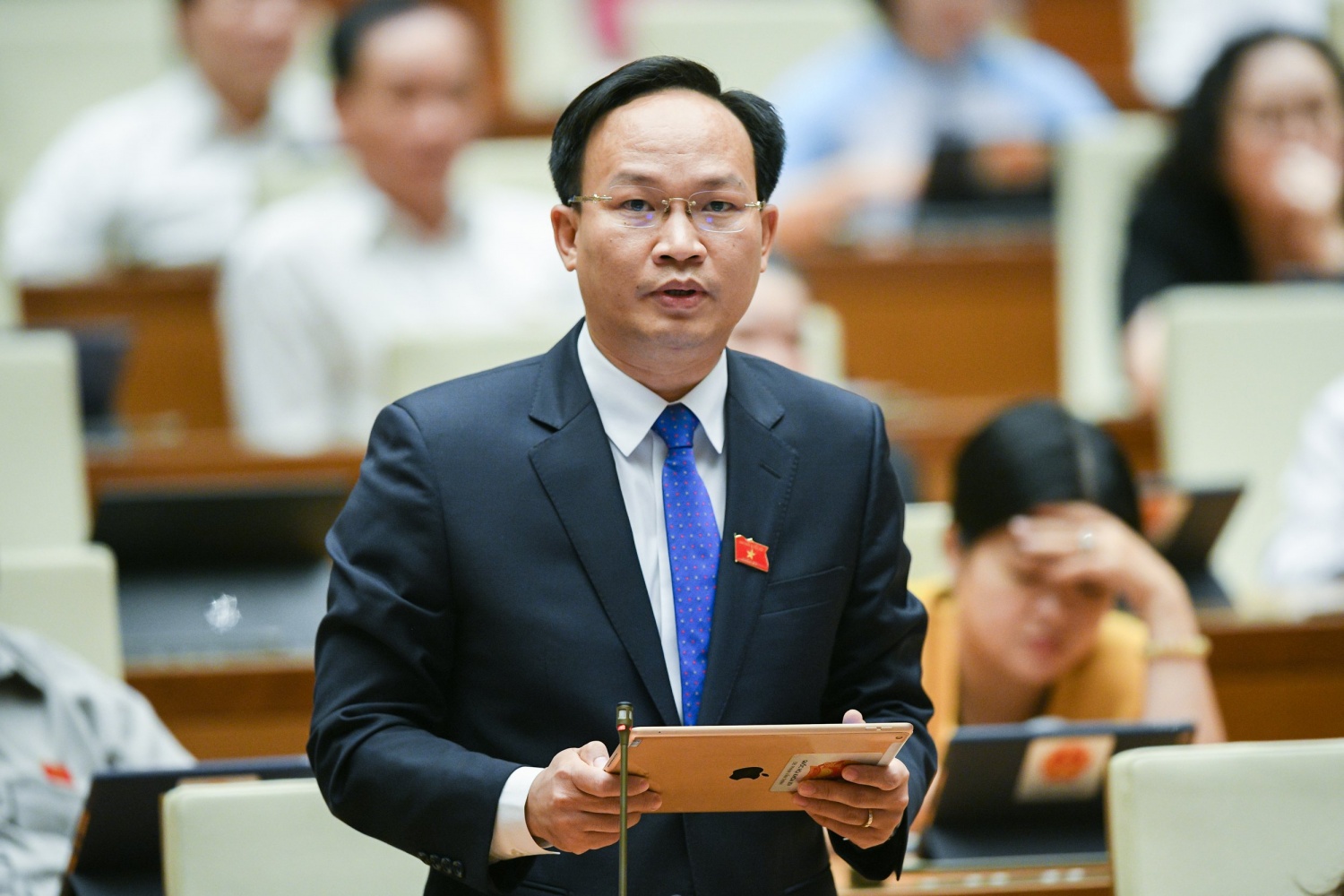
Ensuring energy security is urgent, but regulations on developing new power generation projects from planning, investment, operation, and sales contracts; policies for developing new energy sources such as offshore wind power, liquefied natural gas (LNG) or nuclear power have not been fully mentioned in the current Law. "If policies are not quickly revised and supplemented, the country will face a severe power shortage," emphasized delegate Pham Van Thinh.
In addition, according to National Assembly Deputy Pham Van Thinh, the Electricity Law must remove some "bottlenecks". First, it is clear that it is necessary to remove "bottlenecks" in planning and investment in electricity development. Currently, many power source projects under the Power Plan VII are behind schedule, current power source development is not suitable for load development, the transmission system is not synchronized, so it is necessary to amend and supplement to speed up progress and remove obstacles in planning, investment procedures, and implementation of power source projects...
At the same time, to promote green economic development in line with emission reduction targets, there needs to be policies for renewable energy development. There are currently no regulations on renewable energy development after the FIT mechanism expires; direct electricity trading mechanism; institutions to encourage rooftop solar power, renewable energy power plants serving production in industrial parks and clusters. In addition, it is also necessary to supplement mechanisms and policies for offshore wind power development.
Another "bottleneck" is the electricity price policy and electricity price management, the issue of regulating the authority to decide, manage the electricity selling price, imported electricity price, and electricity purchase and sale not through the national electricity system. In addition, there are no regulations on smart grid to maximize the efficiency of exploiting renewable energy in the national electricity system. Regarding electricity saving, Mr. Thinh said there is still a lack of regulations on incentives and incentives for customers to participate in electricity saving, applying technology to develop smart grid...
Currently, the Government is encouraging businesses to invest and attract investment in clean energy and renewable energy development projects such as offshore wind power and LNG power, which is in line with the trend of the times. However, the implementation of these two types of projects currently has many legal obstacles, so they need to be resolved by including them in the Electricity Law (amended).
For example, the Investment Law does not have regulations on the authority to approve investment policies for projects located at sea but in 2 provincial areas. The Electricity Law does not have regulations on bidding to select investors for power projects in general, including offshore wind power projects; there are no regulations on ensuring national defense and security, sovereignty over sea and islands in the development of wind power projects; issues on negotiating purchase prices of Vietnam Electricity Group (EVN), direct electricity purchase and sale mechanisms, etc.
Regarding the problems with liquefied natural gas (LNG), Mr. Pham Van Thinh also emphasized that the most typical problem is the commitment to the annual electricity purchase volume (Qc) - this is a prerequisite to initiate capital funding for project implementation or the mechanism to transfer the LNG price to electricity price, regulations on calculating LNG transportation fees. In the context of difficult generation sources and slow projects, timely resolution for the development projects of these two energy sources is very necessary and urgent.
PV
































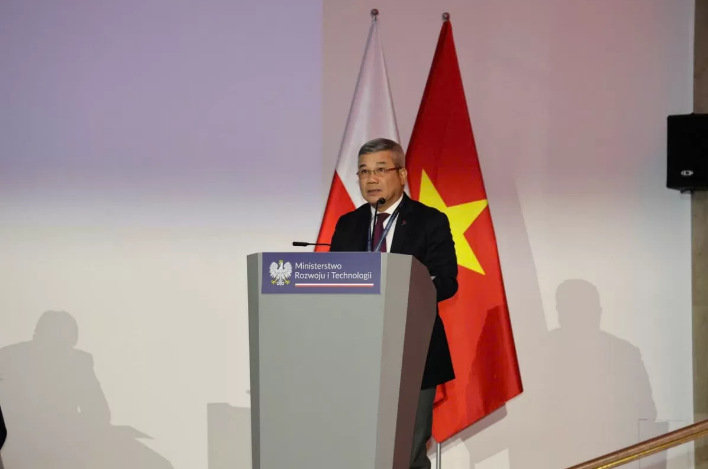

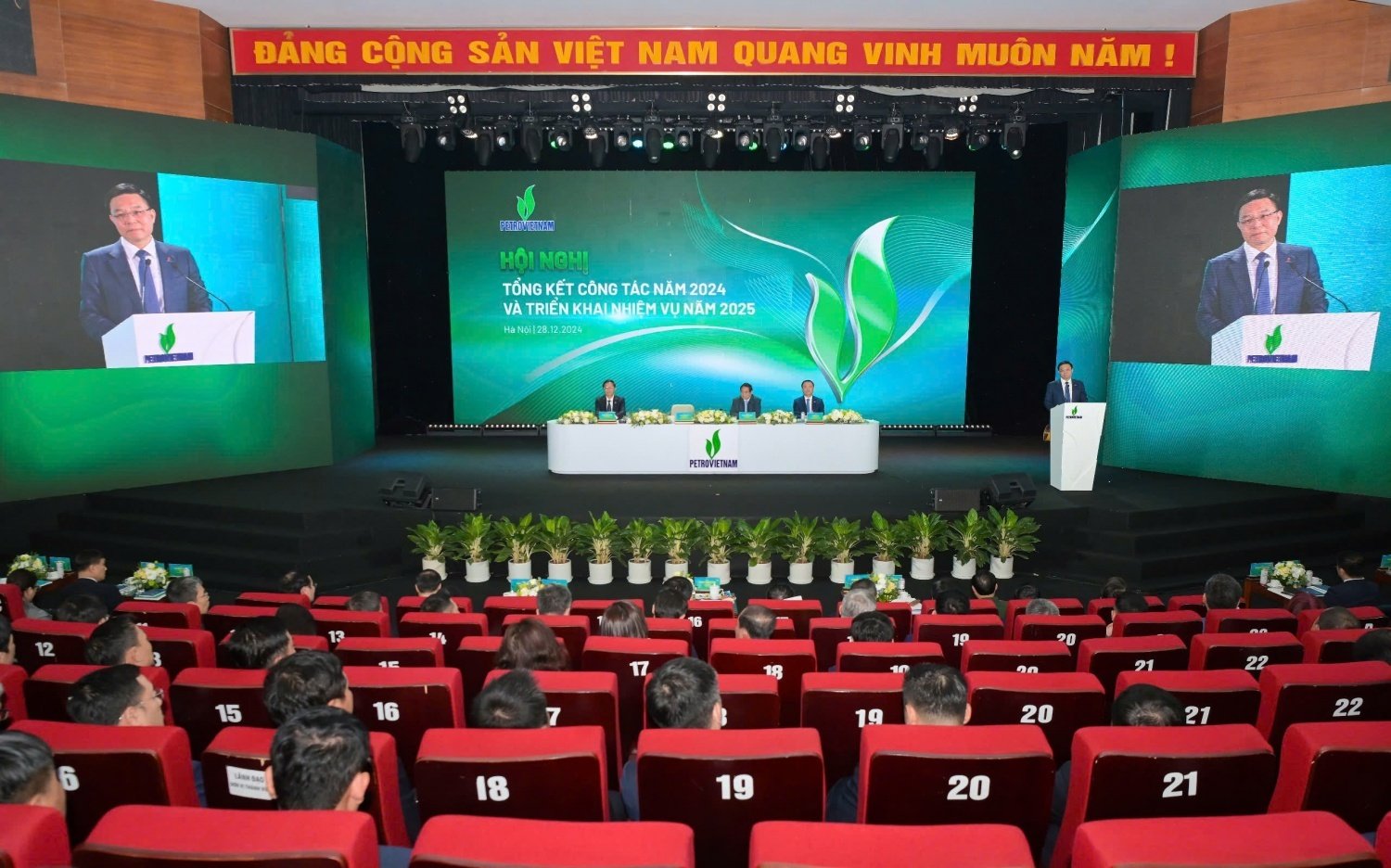

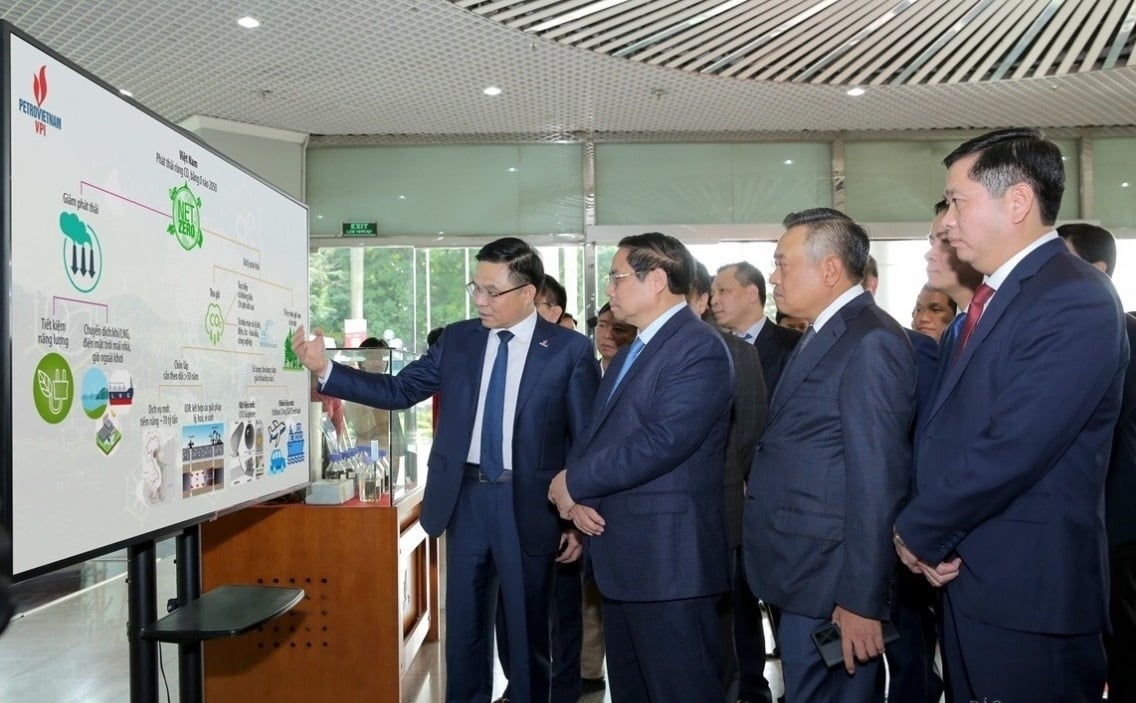
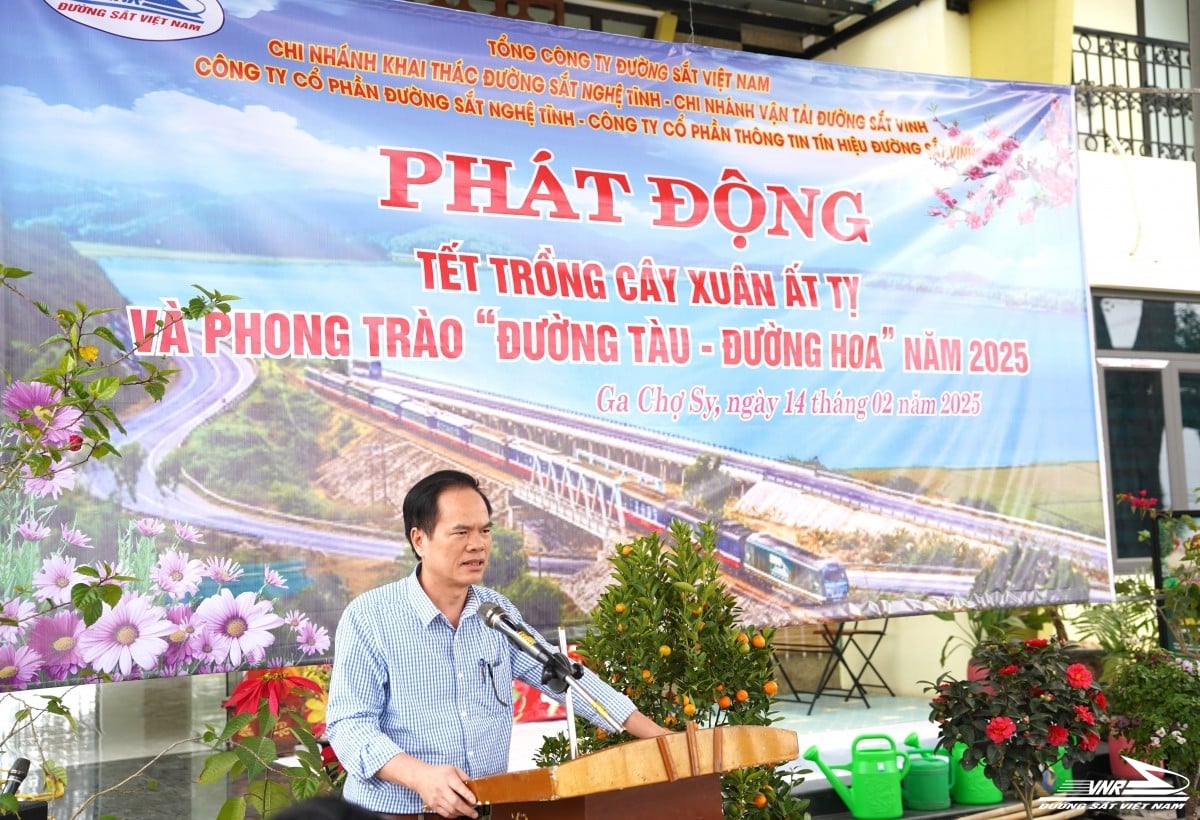

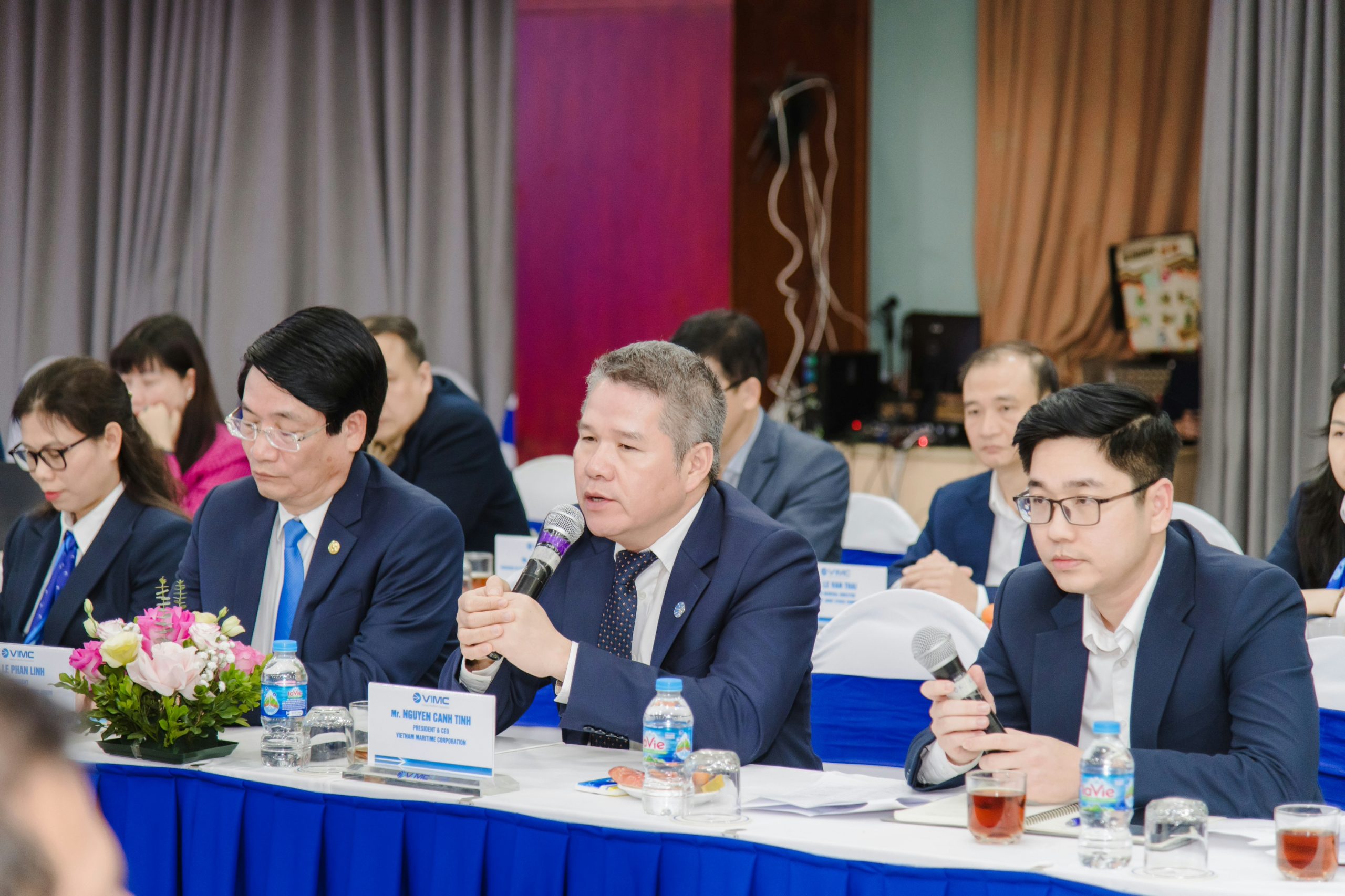
















Comment (0)